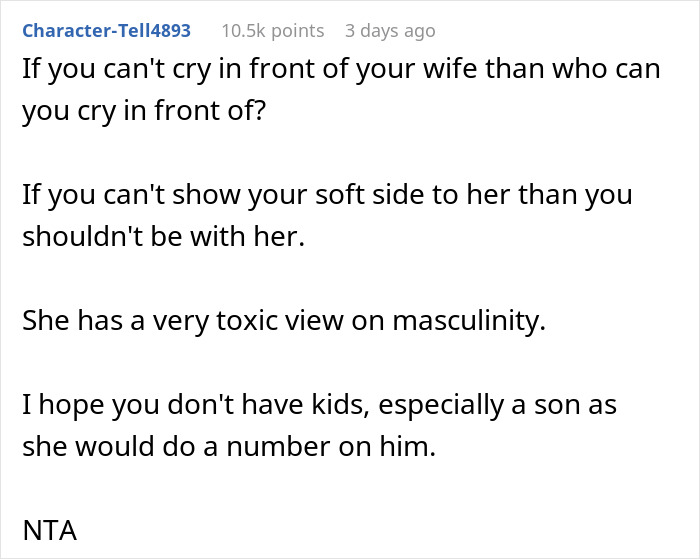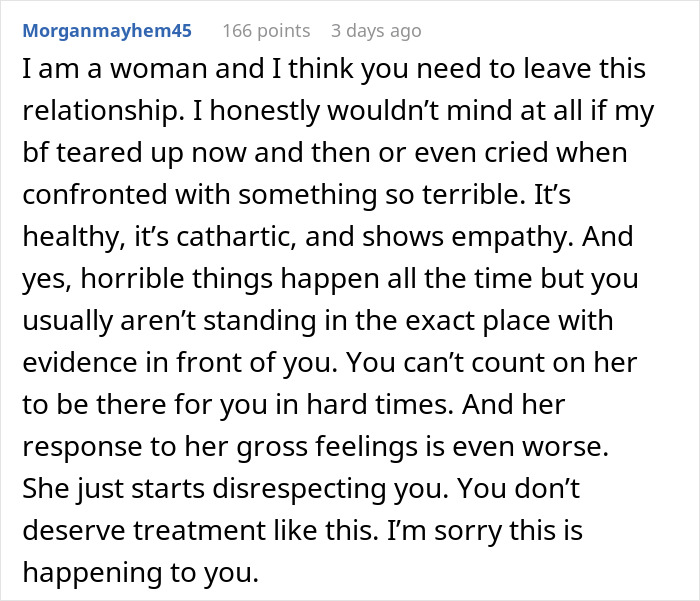In any long-term relationship, you want to feel like you’re free to be yourself. You don’t want to hide your emotions or feel like you’re being judged for displaying your authentic feelings. If you can’t be your genuine self around your partner, family, or friends, do they really accept you for who you are?
Redditor u/Public_Disaster3760 went viral on the r/AITAH online group after turning to it for some practical advice regarding a very sensitive situation at home. He opened up about how his wife had a very negative reaction to him crying in front of her, and he was unsure how to proceed. Read on for the full story. Bored Panda reached out to the author via Reddit, and we’ll update the article as soon as he writes back.
Showing your emotions is not a sign of weakness. If anything, it reveals your true, authentic self

One man opened up about how uncomfortable his wife got when he cried in front of her during an intensely emotional trip




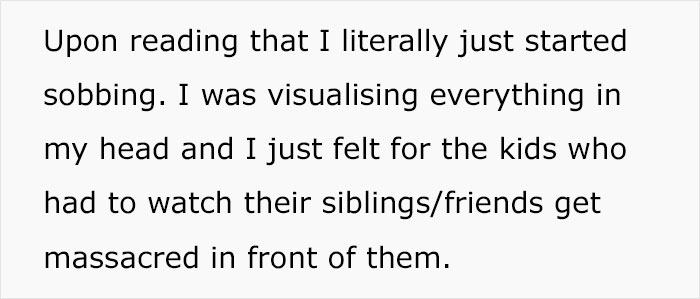


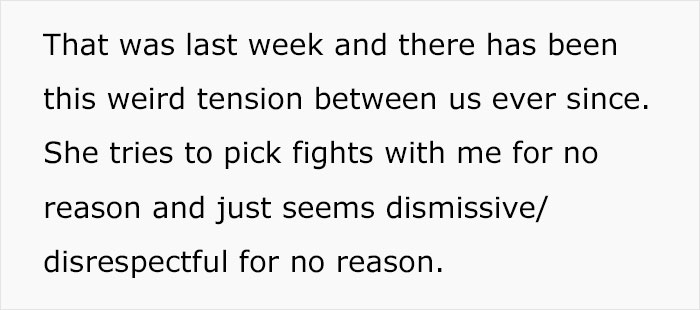

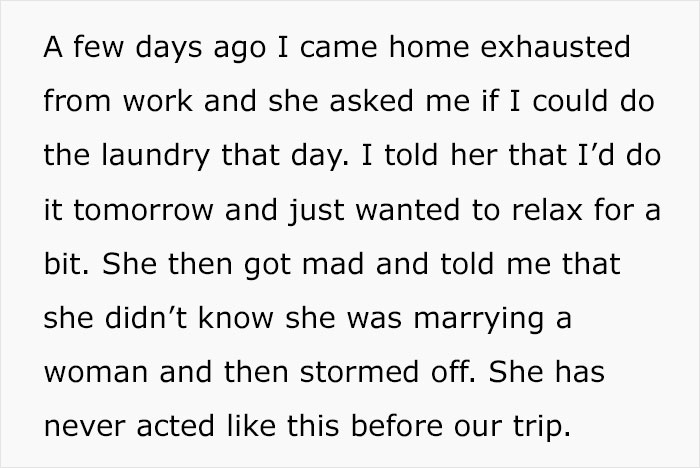

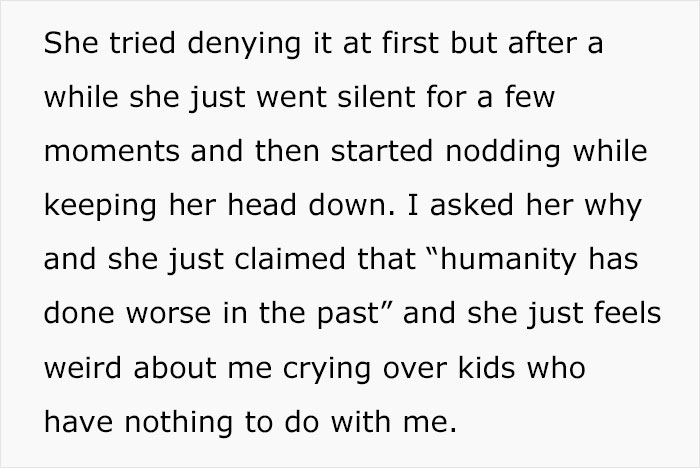
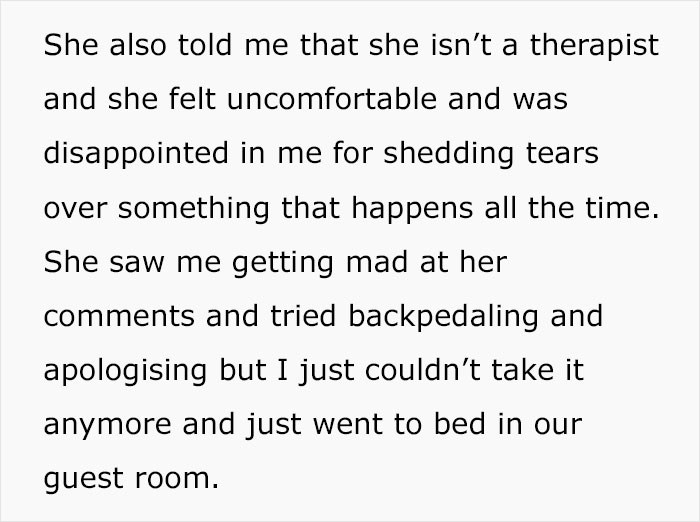




Some people still think have a very narrow understanding of what masculinity is
The reality is that even in this day and age and in progressive countries, many men are still pressured to live up to toxic masculinity standards. In many social circles, there are unwritten rules of how a man ‘should’ behave and speak. Not matching those values means that you’re likely to be shunned by the group.
WebMD explains that toxic masculinity can have a negative impact not just on men themselves but also on women and society at large. This set of ideas generally encompasses the idea that men ‘should’ be competitive, aggressive, controlling, tough, take risks, and show no signs of weakness at any time.
According to Verywell Mind, toxic masculinity pressures men to behave in ways that have a negative impact on their physical, emotional, and mental health. In short, these men are expected to strive for power and status while rejecting behaviors that might be considered feminine.
Societal attitudes won’t change overnight. It’ll take years of sustained effort to make a long-lasting impact.
One major issue that toxic masculinity causes is that it discourages men from seeking help for their mental health. This means that some men view serious issues like depression, substance abuse, anxiety, etc. as a sign of weakness. So, they’re less likely to seek out a professional’s advice and tackle the problems head-on.
There is nothing ‘wrong’ with crying: it’s a form of physical and emotional release
Asking for help is never a sign of weakness. Nor is the willingness to take a serious issue and solve it. The only way that you can do this is by talking about your problems and finding ways to be vulnerable. Not just with a therapist but also with your social circle. Vulnerability is what strengthens relationships, not pretending that you’re feeling a completely different way than you actually do.
Another serious problem with toxic masculinity is that it puts dangerous behaviors on a pedestal. Because men are stereotypically expected to be risk-takers, they’re more likely to drink, smoke, and have unhealthy eating habits. And if they find their health suffering, they might be unwilling to let anyone know about it out of fear of appearing weak, making the issue even worse.
Onyx Health stresses that crying can provide a healthy physical and emotional release. When we cry, we produce oxytocin and endorphins, which make us feel good and ease our pain.
On the flip side, when we bottle up our emotions, it leads to physical and mental health problems, including a weaker immune system, a greater risk of cardiovascular disease, and hypertension. A man being told that he shouldn’t cry reinforces toxic masculinity stereotypes when what the person needs is some simple compassion.
The author shared a bit more context once people started commenting on his story to show support
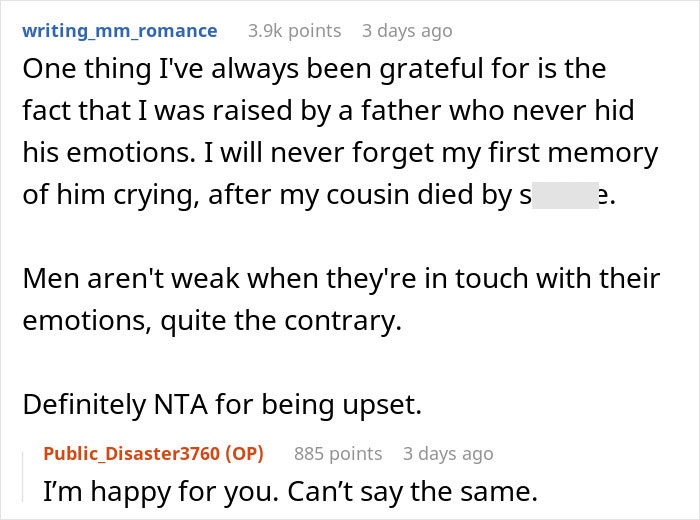
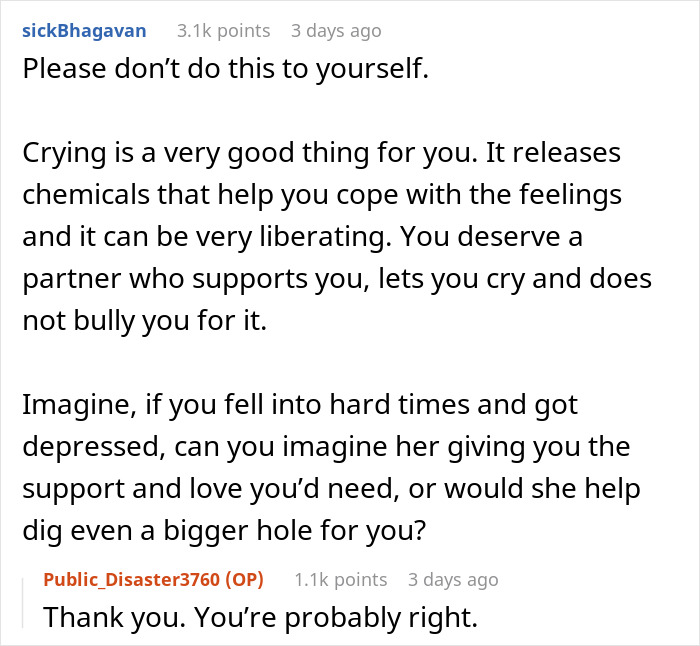
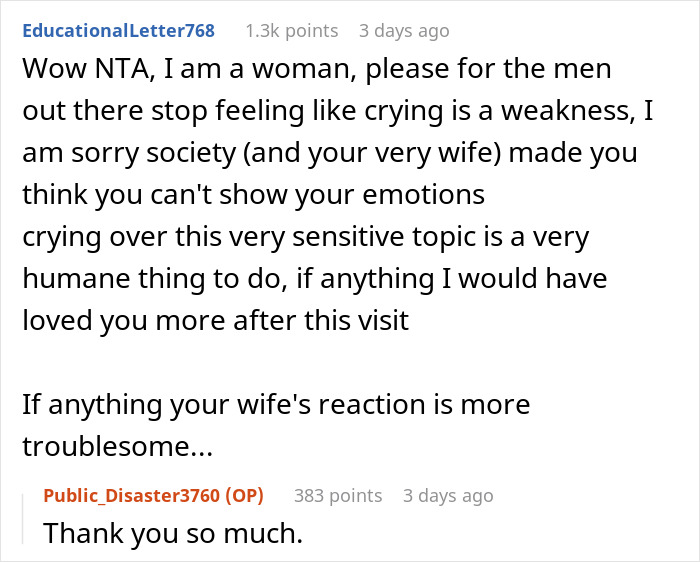
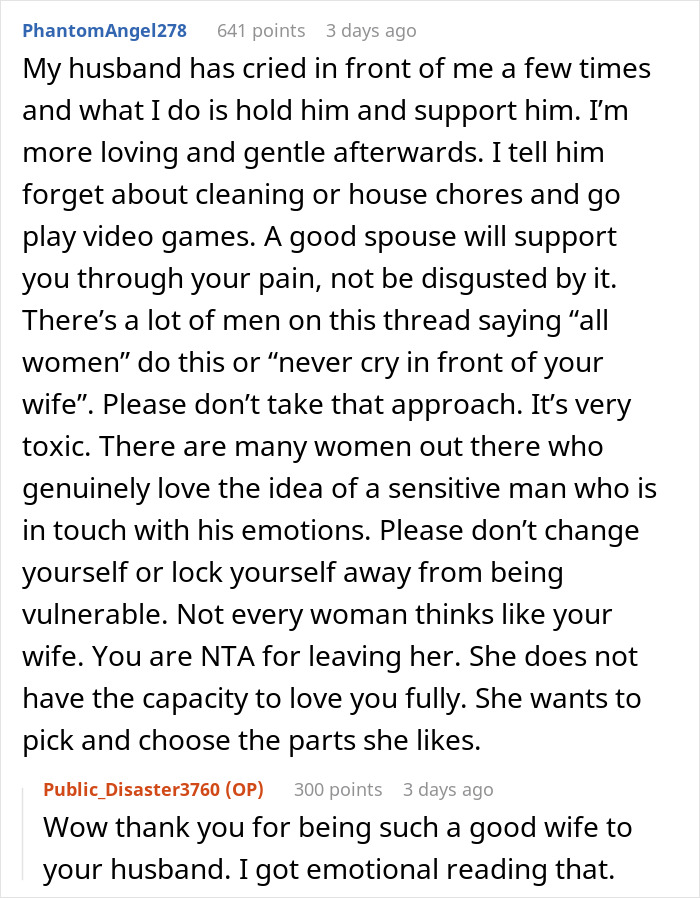
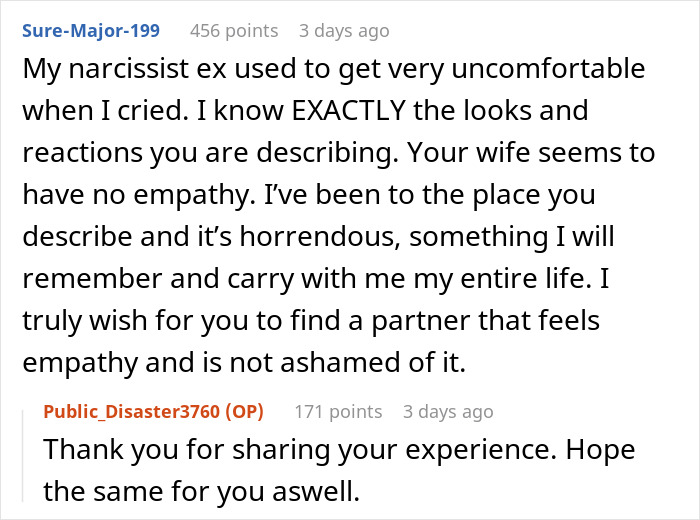


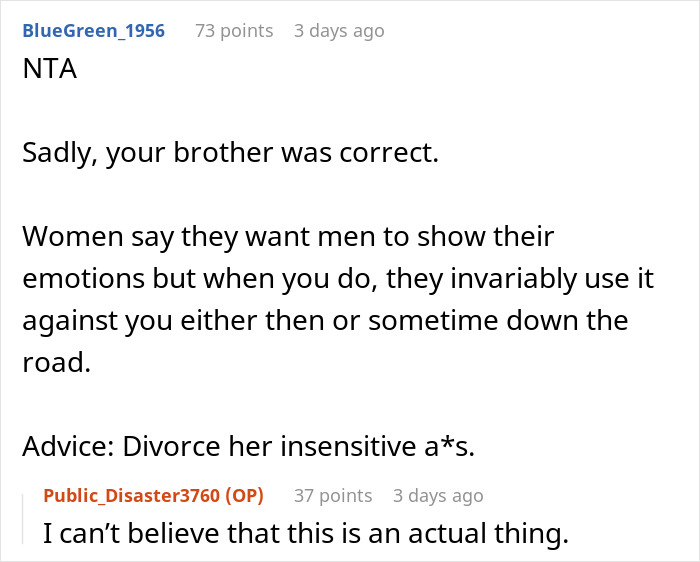
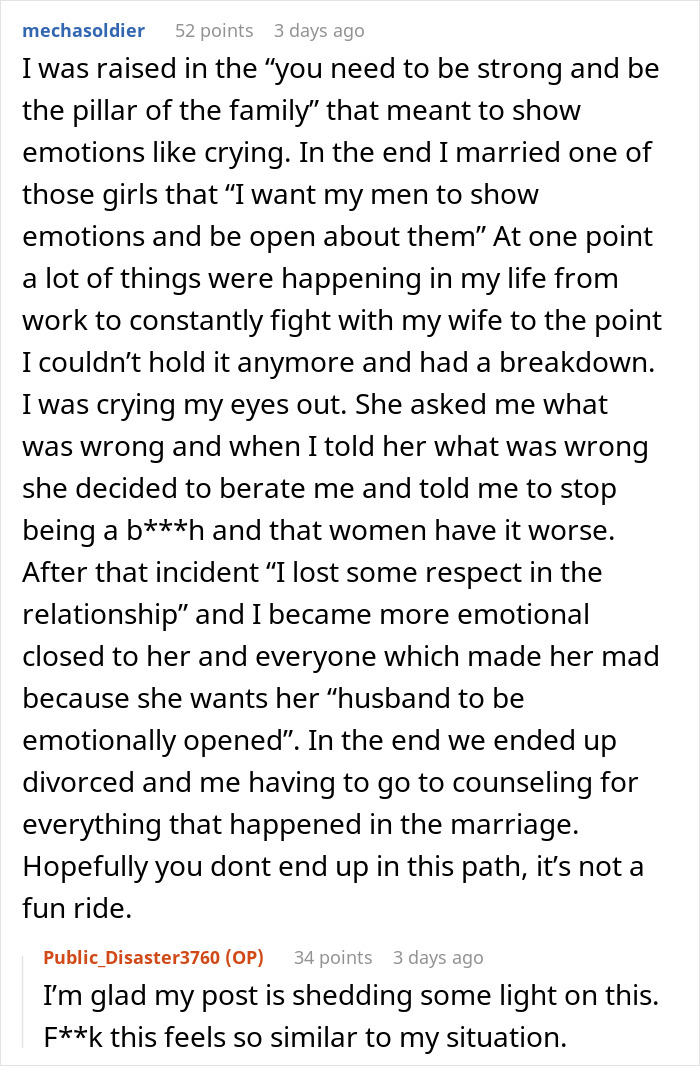
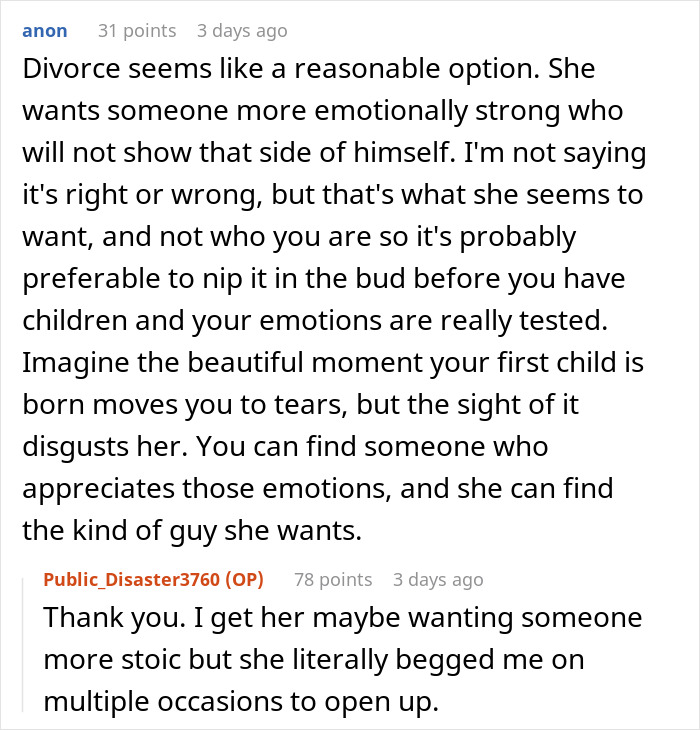


Here’s what some other internet users said about the conflict between the husband and wife
